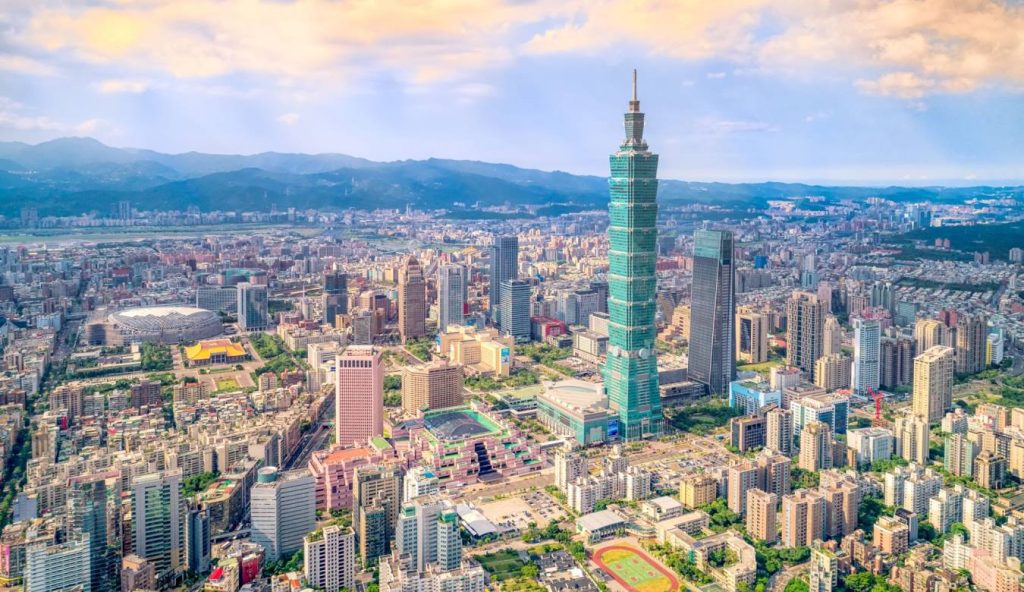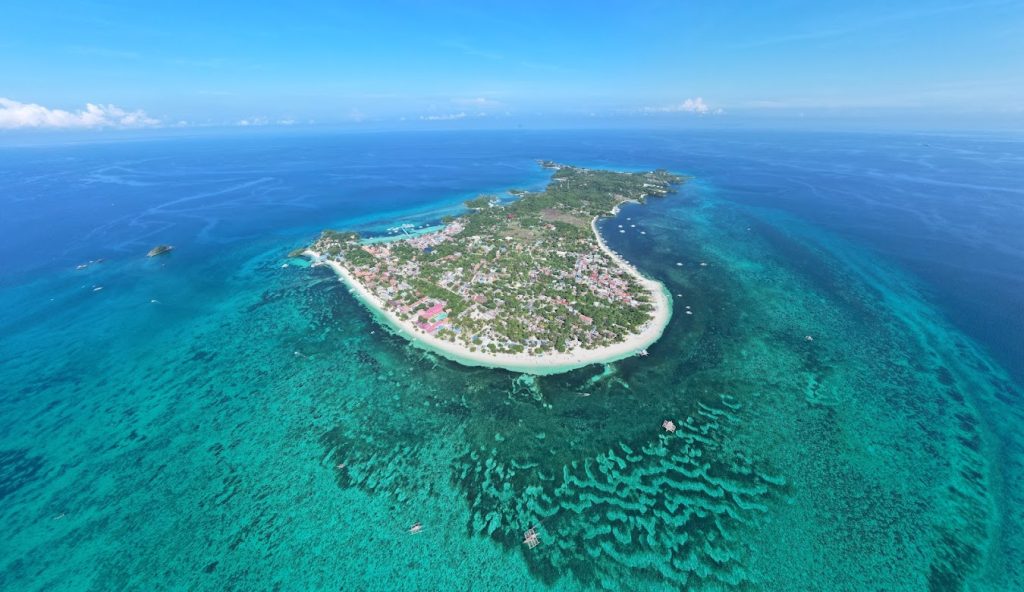Nationality is a cornerstone of personal identity and a key determinant of visa requirements for international travel. While countries like India, Japan, and Singapore strictly adhere to single citizenship, a growing trend across Asia is the acceptance of dual citizenship. This legal status, often referred to as multiple citizenship, allows an individual to hold citizenship in more than one country at the same time.
Getting the Hang of Dual Citizenship
Dual citizenship can arise from various circumstances, including ancestry, birthright, marriage, or investment. It offers the advantage of holding multiple passports, thereby expanding opportunities for international travel and access to essential services such as healthcare and education.
Asian Countries That Allow Dual Citizenship

1. Cambodia
In Cambodia, foreign nationals can acquire dual citizenship through various avenues such as investment, naturalization, descent, or marriage. Cambodian citizens also have the freedom to possess multiple passports without renouncing their original citizenship.

2. Bangladesh
Bangladesh allows individuals to retain Bangladeshi citizenship while also holding passports from other countries that permit dual nationality. Citizenship of this country can be obtained via investment, marriage, or naturalization.

3. Sri Lanka
Sri Lanka offers the possibility of dual citizenship to its citizens and individuals from other nations through the possession of a Sri Lankan passport. Those who have renounced Sri Lankan citizenship by acquiring another nationality, or those wanting to acquire citizenship from abroad are eligible to apply for dual citizenship.

4. Thailand
Thailand is another popular destination among Asian countries that allow dual citizenship. It offers this status to foreigners who meet certain requirements, including five consecutive years of permanent residency, 3 years of employment, a clean record, and a minimum age of 18.

5. Taiwan
Taiwan recognizes dual citizenship for its native-born citizens and allows them to maintain this status without having to renounce their Taiwanese nationality. Taiwan extends a dual citizenship policy to individuals possessing extraordinary talents.

6. Hong Kong
Hong Kong, a Special Administrative Region of China, does not officially recognize dual citizenship. However, it does not require individuals to renounce their foreign citizenship after becoming a permanent resident of Hong Kong. This effectively allows individuals to hold dual citizenship in practice.

7. Pakistan
Pakistan permits dual citizenship with several countries. Pakistani citizens do not need to renounce their citizenship when they acquire citizenship of another country. Similarly, foreign nationals do not need to give up their original citizenship when they become Pakistani citizens.

8. Philippines
The Philippines recognizes dual citizenship for individuals who have lost their Filipino citizenship through naturalization in a foreign country. The Philippine Dual Citizenship law, also known as the Citizenship Retention and Re-acquisition Act of 2003, allows for the re-acquisition and retention of Filipino citizenship for former Filipino citizens. Thus, individuals can hold both Philippine and foreign citizenship.
Conclusion
The trend of dual citizenship in Asia is a testament to the region’s evolving socio-political landscape. It not only offers individuals the freedom to identify with more than one nation but also opens up a world of opportunities for them. As more Asian countries embrace this concept, it will be interesting to see how this impacts international relations and global mobility in the future.



 Stay tuned, follow Zewani Google News channel.
Stay tuned, follow Zewani Google News channel. 